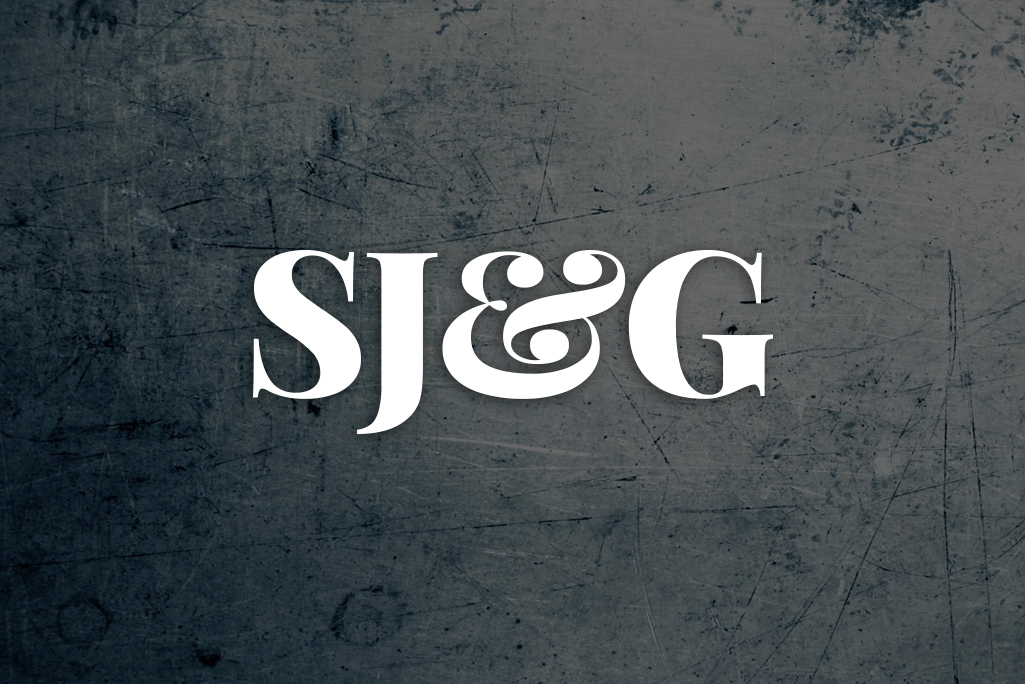WE AFFIRM that God created every person equally in his own image. As divine image-bearers, all people have inestimable value and dignity before God and deserve honor, respect and protection. Everyone has been created by God and for God.
WE DENY that God-given roles, socioeconomic status, ethnicity, religion, sex or physical condition or any other property of a person either negates or contributes to that individual’s worth as an image-bearer of God.
The Statement on Social Justice and the Gospel, after proclaiming the highest view of Scripture, affirms, briefly but forcefully, the reality of the creation of mankind, all ethnicities, all tribes, all peoples, in the imago Dei, the image of God. While this affirmation would have been supercilious only a few centuries ago, today, especially in Western culture, it is not only necessary, it is almost startling.
Christianity’s doctrine of man has always been grounded in the reality of God as Creator. The entirety of the narrative of salvation in the Christian Scriptures, the Bible, is based upon God’s power and might seen most importantly in His being called “Creator.” Since God is the origin and source of all things, He defines them, gives them meaning, and this is the ground we have of confidence in being able to obtain true knowledge of the universe around us and even of our own selves. Without a Creator, we are left awash in a vast expanse that is random and chaotic.
As the West has worked very hard to distance its thought from the idea of a Creator (most often so as to allow for sexual license and expression) the concurrent result has been a diminishment in its view of man. Man is now barely distinguishable from the animals, a cosmic accident without transcendent value or worth. Once this view of man becomes entrenched, the entire basis of law must shift away from that provided by the Christian faith in the past.
Once the basis of law moves away from its historic roots, of necessity all definitions and concepts of “justice” must be altered as well. So much of the current controversy is due to just this: what is just and right in a world created by God indwelt by His creatures who are endued with His image will differ greatly from what is just and right in a random, purposeless, accidental world filled with random animals fighting for survival and dominance. The Christian worldview with its wise and powerful Creator has grounds for asserting man’s transcendent worth as man bears God’s image. As this conviction becomes more remote in the consciousness of Western societies, grave changes will result.
The Christian conviction that all men and women together share the imago Dei is central to the gospel message preached by Jesus and the Apostles. The means by which God brings His people to redemption is found in the cross of Jesus Christ. There the elect of God, joined to Christ by the Father’s divine sovereignty (John 6:37-35), are joined to His death in their place. There is not one death for men, another for women, one for one ethnicity and another for others. The fact that there is but one sacrifice for “men from every tribe, tongue, people and nation” (Revelation 5:9-10) is strong evidence of the universal reality of the equality of men and women before God: both in their sinfulness, and in their redemption. Therefore, in those times past when Christians allowed themselves to be influenced more by their cultural concepts than by Scriptural categories, and the gospel was in any way altered by ethnic concepts, hindered by racial prejudices, or watered down in its application, God was not glorified and the church was substantially damaged. This was, and remains, sin. The gospel of Jesus Christ affirms by its very nature, provision, and demands, the imago Dei‘s universal character across all ethnic and cultural lines. The same Son of God had to give Himself completely for each and every one of His elect people. Few things could confirm the true equality of the peoples like the gospel!
Just as the positive affirmation enshrined in the Statement reflects these theological realities, the negative statement is concerned to protect these truths from redefinition or distortion. The imago Dei is neither negated by, nor added to, by one’s external circumstances. The powerful are not more like God because of their power, the poor not less (or more!) like Him in their poverty. No nation bestows upon its citizens a closer resemblance to the Creator, a greater level of image-bearing, and surely no ethnicity can, or should, make such a claim. Every attempt by such groups in the past to lay claim to this divine truth with that kind of very human deviation deserves prompt and thorough repudiation.
While the Christian does not bear more of the image of God than the non-Christian, in and through Christ that image is restored and made right with God. But that does not make the Christian more human, but instead makes him or her a redeemed humanwith the promise that, eventually, all that detracts from the fulness of the display of that image will be removed and we will be changed to be like Christ in His fulness. But this is always a work of grace and comes to us from outside, not on the basis of merit, but solely upon that of mercy, grace, and love.
While this portion of the Statement is indeed brief, it is foundational to all that comes thereafter in its affirmation of the only ground of true equality that mankind could ever need: the fact that each man, woman and child is made in the image of God and is therefore worthy of respect and honor. The farther societies move away from this divine and biblical truth the greater will be the probability, even the necessity, of degradation, the loss of liberty, and the rise of concepts of ethnic or national superiority.

